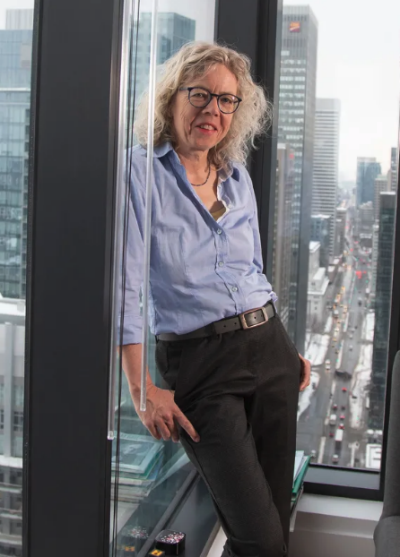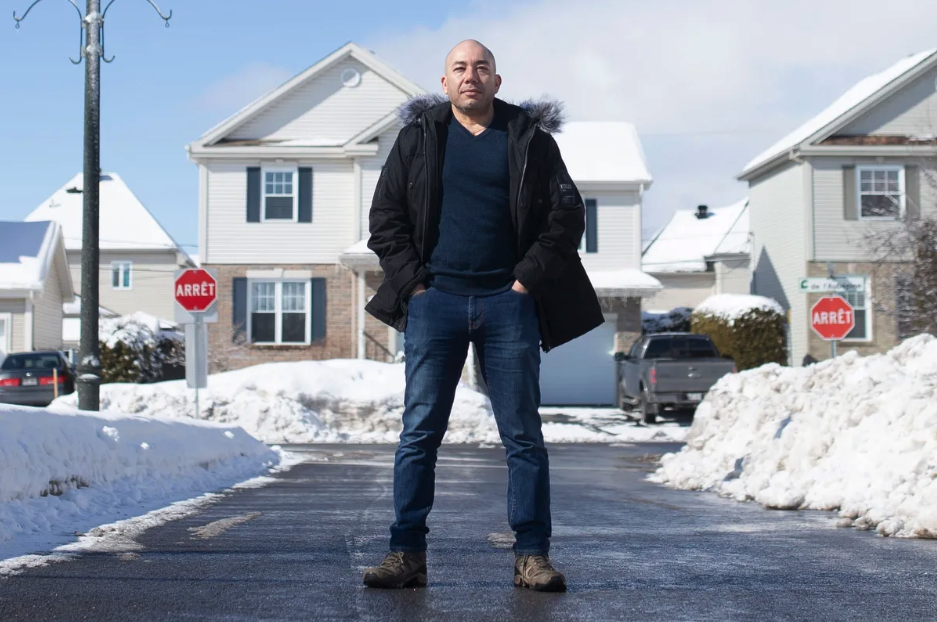Concordia’s Next-Generation Cities Institute is where blue-sky ideas about a green urban future come down to earth. The research being undertaken by the Montreal-based university’s newly minted institute is not just an academic endeavour, says its director, Ursula Eicker. “The goal is to create an impact and really help cities and industries transform to sustainability.”
Launched this past fall, the institute grew out of Prof. Eicker’s remit as Concordia’s Canada Excellence Research Chair (CERC) in Smart, Sustainable and Resilient Communities and Cities. It brings together 14 of the university’s research centres with more than 200 researchers representing a broad spectrum of disciplines in the sciences and the humanities.
“We wanted a larger structure where we could tackle various challenges in an integrated way,” Prof. Eicker says, “from the built environment and data mining to community building, design and art.” Now that the university’s researchers have combined forces, she adds, the next step is to reach out to external partners and start putting the institute’s innovations to practical use.
By the middle of this century, it’s predicted that as much as 75 per cent of the world’s population will dwell in cities, making sustainable and livable urban centres a priority. At the same time, climate change has underscored the crucial need to eliminate carbon emissions and embrace renewable energy.
Renewable energy
Prof. Eicker, who teaches in Concordia’s Gina Cody School of Engineering and Computer Science, focuses her own research on strategies to erase a city’s carbon footprint. It ranges from integration of renewables in energy-efficient districts, developing sustainable transportation to waste conversion and creating more energy-efficient buildings.
Concordia has already been involved in designing a full-scale example of a net-zero-energy building (one that produces as much energy as it consumes) with the Varennes Library, which opened in the eponymous Montreal suburb in 2016. Currently, Prof. Eicker says, a solar-house test facility is being built on the university’s Loyola campus. At the same time, she and her colleagues are using computer modelling to expand beyond simply studying single buildings to charting the energy use of entire districts.
“We’re trying to create a digital twin for large groups of buildings that we can then optimize in terms of their energy behaviour,” Prof. Eicker explains. “If we know how many people are in a certain building in a certain district and we can quantify how much energy and water they need, how much waste they produce, then we can look at different scenarios to bring down the energy and resource consumption and supply them with renewable energy sources.”
The challenge, she says, is that there are currently no easy-to-use computer tools that can, say, map and then change the carbon emissions of a large urban area. “You need to bring together many different software methods and integrate them. We’ve been working at urban transformation strategies and then applying our software to district-scale case studies.”


 CITYSCAPE. Ursula Eicker, director of Concordia’s Next-Generation Cities Institute, researches strategies to erase a city’s carbon footprint, among other things. “I think people are generally more open to rethinking the way we live, work and travel now.”
CITYSCAPE. Ursula Eicker, director of Concordia’s Next-Generation Cities Institute, researches strategies to erase a city’s carbon footprint, among other things. “I think people are generally more open to rethinking the way we live, work and travel now.”
 BLUE SKIES. Professor Nizar Bouguila of the Institute for Information Systems Engineering executes blue-sky ideas on how to ‘green’ urban areas. He is currently working on smart building applications that use sensors to collect data on the people who live in them and modify the heating, lighting and environmental factors to accommodate them.
BLUE SKIES. Professor Nizar Bouguila of the Institute for Information Systems Engineering executes blue-sky ideas on how to ‘green’ urban areas. He is currently working on smart building applications that use sensors to collect data on the people who live in them and modify the heating, lighting and environmental factors to accommodate them.